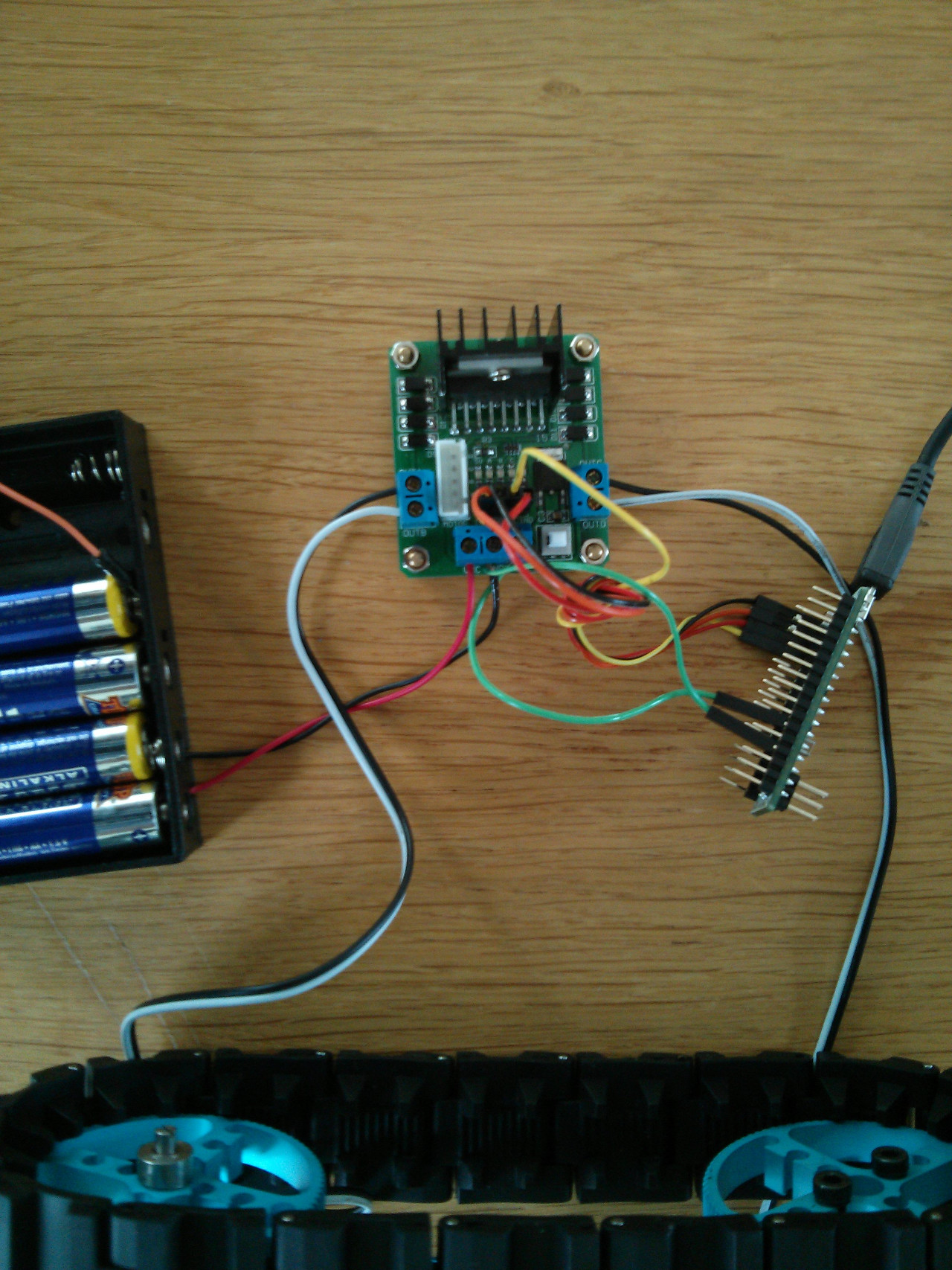
5 VOLT DC MOTORS ARDUINO CODE
*NOTE: – THE IC MUST BE UNDER GIVEN PARAMETERS OF VOLTAGE AND CURRENT GIVEN IN THE DATASHEET OF THE IC.Ĭonnect BO geared motor, Arduino, and motor modules with each other according to the schematic in the above diagrams DC motor Arduino Code: – //put this code in the ide of Arduino from this lineĭigitalWrite(13,HIGH) // Clock wise direction of motorĭigitalWrite(13,LOW) // Anti clock wise direction of motor Similarly, L293D is a 16 pin IC that also works on the same as L298N but has a change in its package type.

This IC provides pins for variable power supply which is used to drive motor, i.e., if we power ic by 5v and supply voltage by 12v then motor will run on 12v but the logic in ic will be controlled at 5 v.ĭue to heat generation at the time of driving motor to describe it a heat sink is attached to the icon module to provide efficient heat dissipation The internal schematic of IC is a bit complicated but as a whole, it uses a combination of 4, not gates along with 2-PNP and 2- NPN transistors in two sets to control two motors simultaneously. It comes in two packages Multiwatt-15 and powerSO20 which are for different purposes. L298N is a 15 pin ic whose pinout is attached below for further reference.
5 VOLT DC MOTORS ARDUINO DRIVERS
Ive also tried just attaching the base to a dc regulated power supply instead of the Arduino’s set 5V and slowly increasing the voltage until it lets enough current through that the motor runs which ive found the transistor can do with only about 1.5 volts but even then the transistor gets incredibly hot within a few seconds, Ive also made sure to clear any code on the arduino that could somehow cause this.In this project, the main part is Arduino UNO which is the heart of the project and for movement control, we are using L298N and L293D motor drivers which are used due to their h-bride for motor driving also two signal wires for bi-direction movement. Ive tried multiple things increasing the size of the resistor in between the 5V output and the base from 1k to 10k which slows down the overheating but only for a couple of seconds and also doesn’t gain a response from the motor as consistently.

Im having an issue with the circuitry on Figure 4-3, I’ve wired it up exactly the way the book says as well as a few different configurations which all amount to the same thing, and it works in terms of the motor runs when its in the 5V pin which is where the book says to test before moving on but as soon as voltage is applied to the base of the transistor allowing current flow from the 9V battery the transistor gets incredibly hot within a couple secs, in fact before I even realized it was doing that I burnt one out.
5 VOLT DC MOTORS ARDUINO DOWNLOAD
You can download the files associated with this episode here:ĭistributed under the GNU General Public (Open-Source) License. The Arduino Contest has been extended! So don’t forget to submit your project.

If you want to learn more about analog input filtering in software, check out this example code. If you want to wire that up, take a look through this Wikipedia article, and read through this tutorial. I mention in the video that you can control DC motor direction using an H-Bridge. We’ll control the servo using a PWM signal from the arduino, and I’ll show you how you can turn analog distance readings into precise angles for the servo to turn to! Next, it’s onto 180 degree servo motors, which we will power on an independent 5V rail using a voltage regulator.

This week, we’ll finally be using the Arduino to control some motors! First up, we’ll control a standard DC motor running off a 9V battery with the help of an NPN transistor and a PWM (Pulse Width Modulated) signal from the Arduino. This tutorial was featured on the official Arduino blog on


 0 kommentar(er)
0 kommentar(er)
